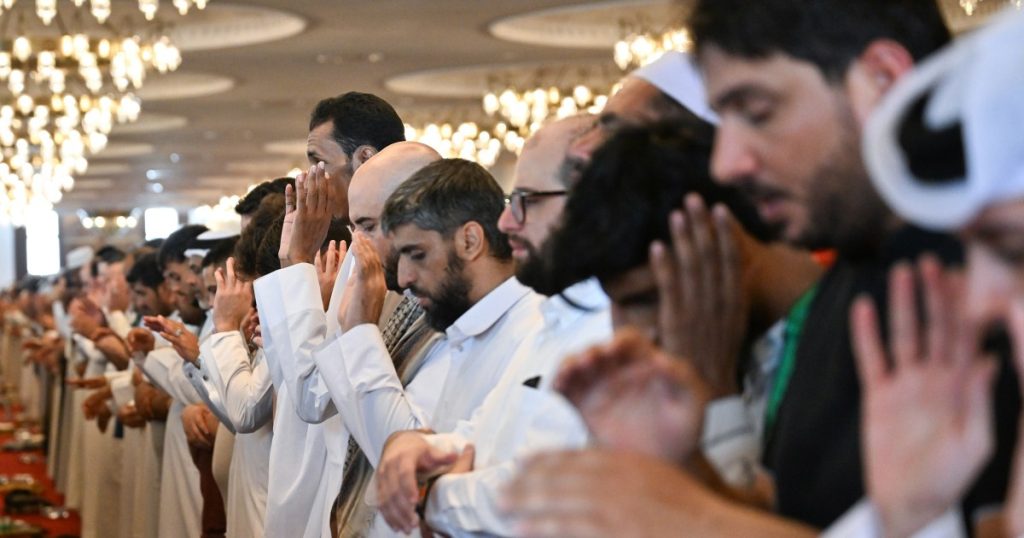Qatari officials have indicated that Hamas’ political bureau is no longer welcome in the country due to frustration over stalled hostage and cease-fire negotiations with Israel. The move came after continued lack of progress in negotiations towards a cease-fire by both Hamas and Israel. The United States had requested Qatar to expel Hamas about two weeks prior to this decision, following the rejection of a hostage proposal by Israel that resulted in the killing of a Hamas leader. Qatar agreed to the request and informed Hamas of the decision approximately 10 days prior.
Qatar has played a key role in mediating talks between Hamas and Israel during the conflict in Gaza, working alongside Egypt and the United States. However, the decision to expel Hamas political leaders from the country reflects growing pressure from the U.S. as the Biden administration seeks to achieve a cease-fire and hostage deal before leaving office. The request to remove Hamas from Qatar was partly influenced by the death of an American hostage and the unsealing of indictments for Hamas leaders, including Khaled Meshal, who is known to be living in Qatar.
Since the war in Gaza began, Qatar has been hosting Hamas representatives, which has been considered an advantage in negotiations. However, the U.S. administration’s decision to ask for Hamas’ expulsion was also driven by the belief that this would increase pressure on the organization to comply with the demands for a hostage deal. The move is intended to ensure that Hamas leaders are no longer welcome in the capitals of American partners due to their terrorist activities, including the killing of Americans and holding American hostages.
Following Qatar’s decision, both Hamas and Israeli officials were notified, although no advance warning was given to either party. Previous attempts to have Hamas relocate to Turkey for negotiations were unsuccessful, leading to the decision to return the group to Qatar for further talks. Republican lawmakers, such as Sen. Rick Scott, have criticized Qatar’s handling of negotiations with Hamas, calling for a reconsideration of the country’s Major Non-NATO Ally Status. Israeli Prime Minister Benjamin Netanyahu has also voiced concerns about Qatar’s role in the negotiations.
Qatar has defended its role as a mediator in negotiations with Hamas, stating that its involvement was at the request of the United States in 2012. The country has also highlighted its hosting of American troops and military presence in the Middle East as evidence of its partnership with the U.S. However, amid ongoing tensions and criticism from various parties, the future of Hamas’ political bureau in Qatar remains uncertain. The decision to expel Hamas reflects a shifting dynamic in the region and highlights the challenges of negotiating with militant groups in conflict zones like Gaza.
The expulsion of Hamas from Qatar raises questions about the group’s future location, with Iran being suggested as a possible destination. Hamas recently met with Iran’s President in Doha, where solidarity with the Palestinian cause was expressed. The continued violence in Gaza, the ongoing conflict between Hamas and Israel, and the shifting alliances in the region all contribute to the complexity of the situation. The expulsion of Hamas from Qatar represents a significant development in the efforts to achieve a cease-fire and a hostage deal in Gaza, with implications for the broader Middle East region.


